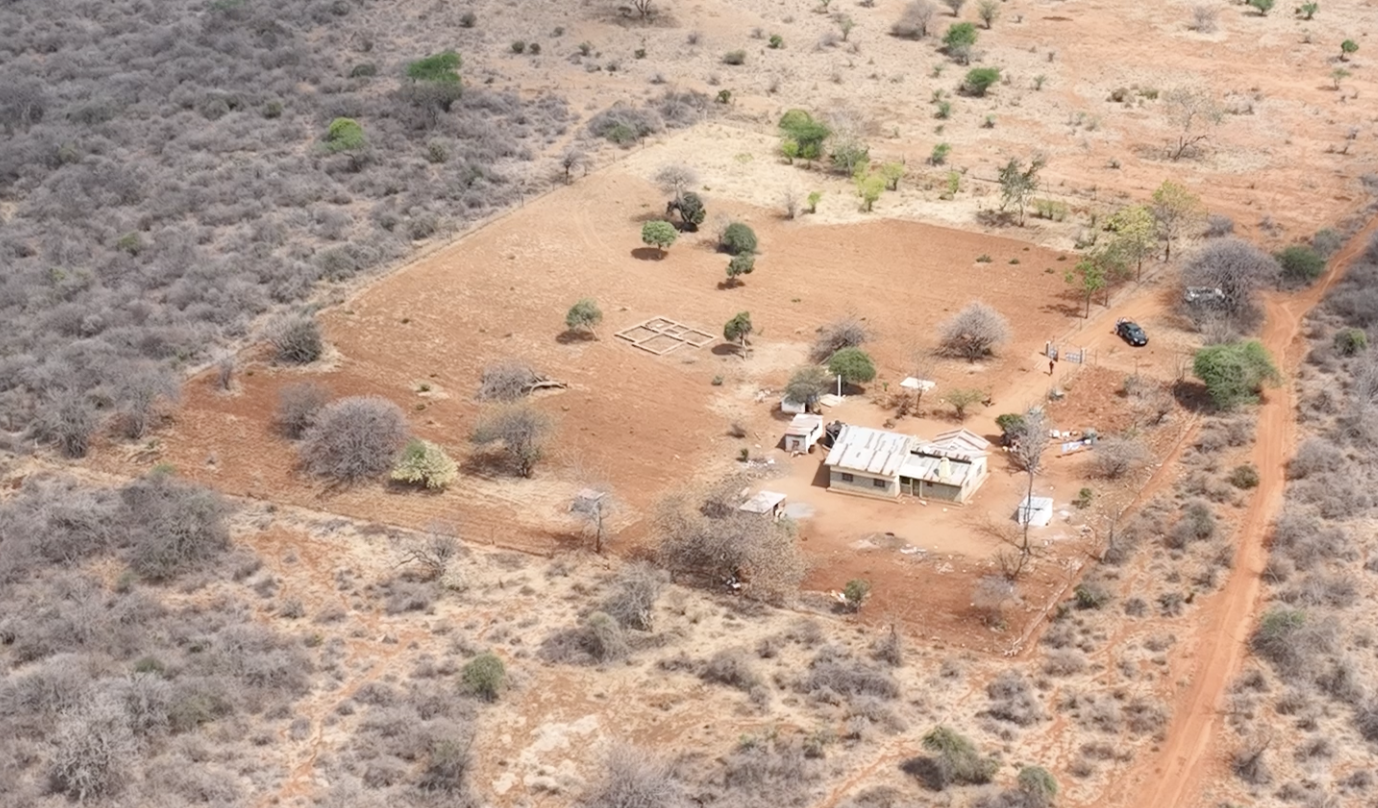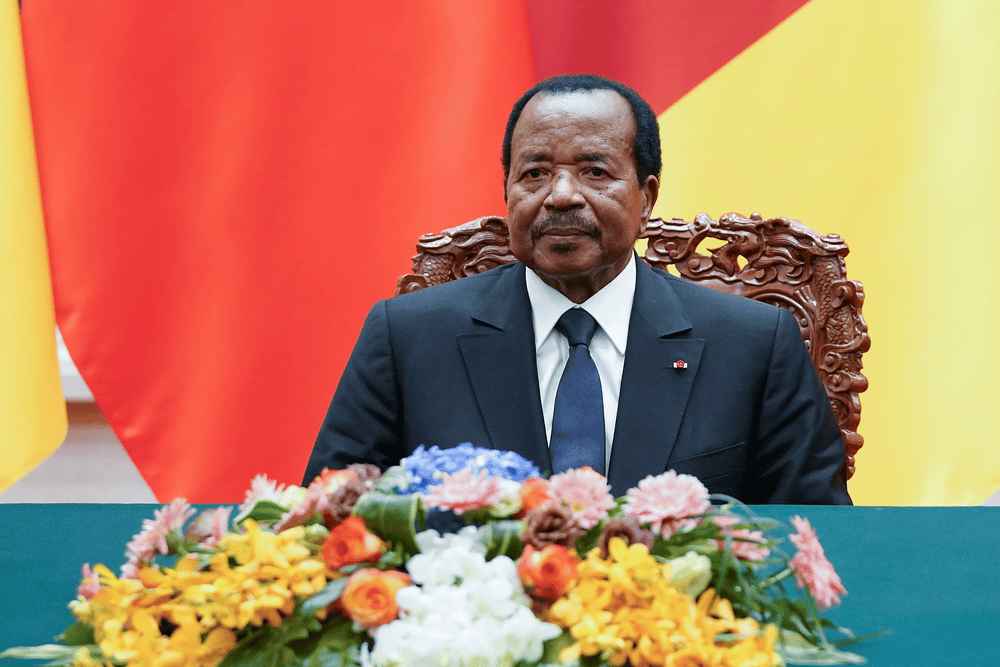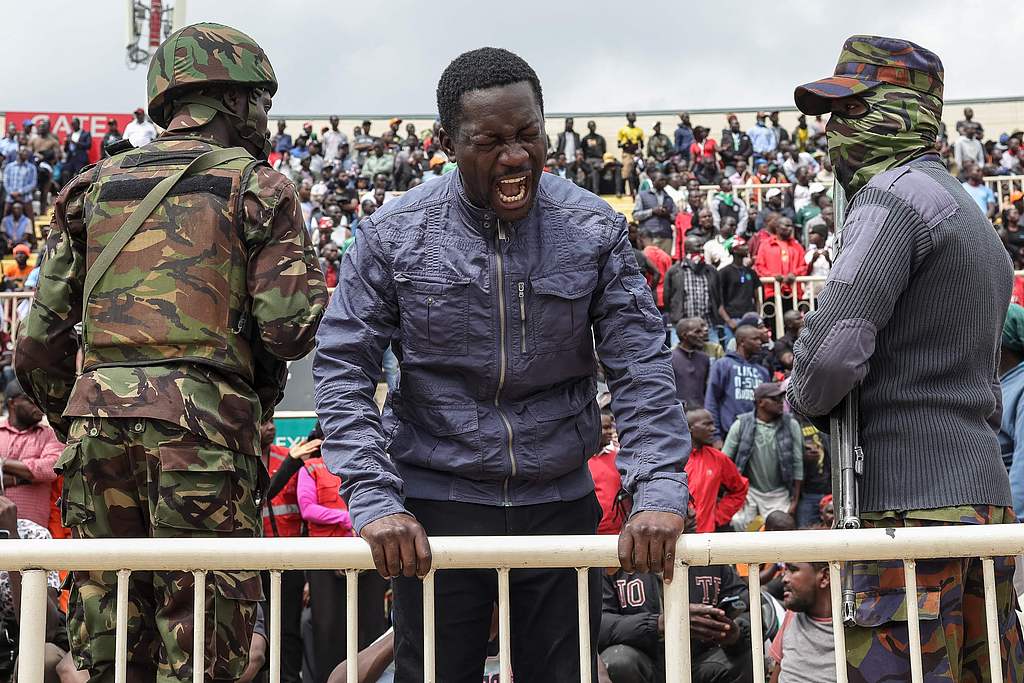Part 1: Life in the shadow of Boko Haram
Nigeria’s displaced population is now one of the world’s biggest. The International Organisation for Migration says more than 2.1 million people have been forced from their homes due to the on-going fighting.
In the first of our series of exclusive reports, Katerina Vittozzi went to a health clinic in the state capital Maiduguri, to see how people are coping with their physical and emotional injuries
She interviewed Yagana, who is 19 and lives in a camp for people who have left their homes because of attacks by militant group Boko Haram.

“Boko Haram attacked my village. They captured me and put me in a house with many other women. For one month I stayed there. I was forced to marry a man He made me have sex with him. Everything was done by force.” ~ Yagana

9 months later, Yagana gave birth to a son. She does not know if he is the child of her real husband or the Boko Haram militant who repeatedly raped her. Her husband accepted the child with hopes that he could be his.
More than 2 million people in north-eastern Nigeria have fled their homes have to find safety from Boko Haram. 10% are in camps. For some, the violence did not end on arrival.

Earlier this year, the government investigated all official camps after reports of child sex abuse within them. Men’s tents are now separated from those of women and children.
Living in the IDP has proved to be a great challenge. Social amenities such as food, water, sanitation and education are of high requirement. The government assisted by the UNICEF have tried to curb the situation in the camps.






